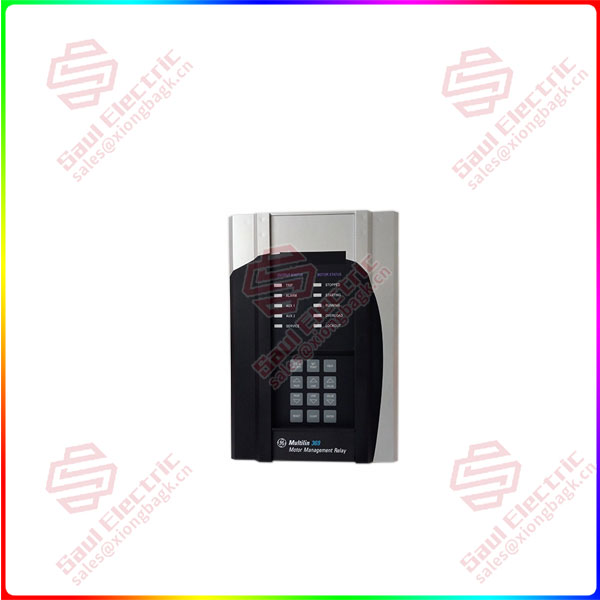On July 19, The State Council held a press conference to introduce the development of industry and information technology in the first half of 2023. It is understood that in the first half of the year, international cooperation in intelligent manufacturing continued to deepen, the International Electrotechnical Commission issued five international standards led by Chinese experts in the field of industrial control, China’s contribution to intelligent manufacturing international standards has reached more than 50, Chinese experts participated in IEC/ISO/ITU 90% of the intelligent manufacturing international standards working group.
Tao Qing, spokesman of the Ministry of Industry and Information Technology and director of the Operation Monitoring and Coordination Bureau, introduced at the conference that since the beginning of this year, the demand for transformation and upgrading of manufacturing enterprises has been continuously released, and the intelligent transformation of China’s manufacturing industry has maintained a good development trend, and many innovative highlights have emerged.

369-HI-0-M-0-0-0
Among them, the scale of smart factory construction continues to expand and the level continues to improve. Up to now, nearly 8,000 digital workshops and smart factories have been built around the country. Among them, more than 2,500 have reached the level of intelligent manufacturing capability maturity above level 2, and basically completed the digital transformation; 209 have explored intelligent upgrades and become intelligent manufacturing demonstration factories with international advanced levels. After the transformation, the product development cycle of these demonstration factories was shortened by 20.7% on average, the production efficiency was increased by 34.8% on average, the rate of defective products was decreased by 27.4% on average, and the carbon emissions were reduced by 21.2% on average.
At the same time, new scenarios, new solutions and new models of intelligent manufacturing are also emerging. The new manufacturing model has moved from conceptual framework to practical implementation. The automobile, large aircraft, construction machinery and other equipment manufacturing industries are exploring collaborative design, virtual verification, remote operation and maintenance models to promote rapid product iteration and efficiency improvement. Consumer goods industries such as home appliances and clothing have innovated models such as mass customization, user direct connection manufacturing, and shared manufacturing to meet individual needs and tap experience value; The petrochemical, metallurgy, building materials and other raw material industries implemented integrated production and marketing operations, cross-process quality control and other models to promote industrial quality and efficiency, essential safety and energy conservation and consumption reduction.
 1 Year Warranty
1 Year Warranty





